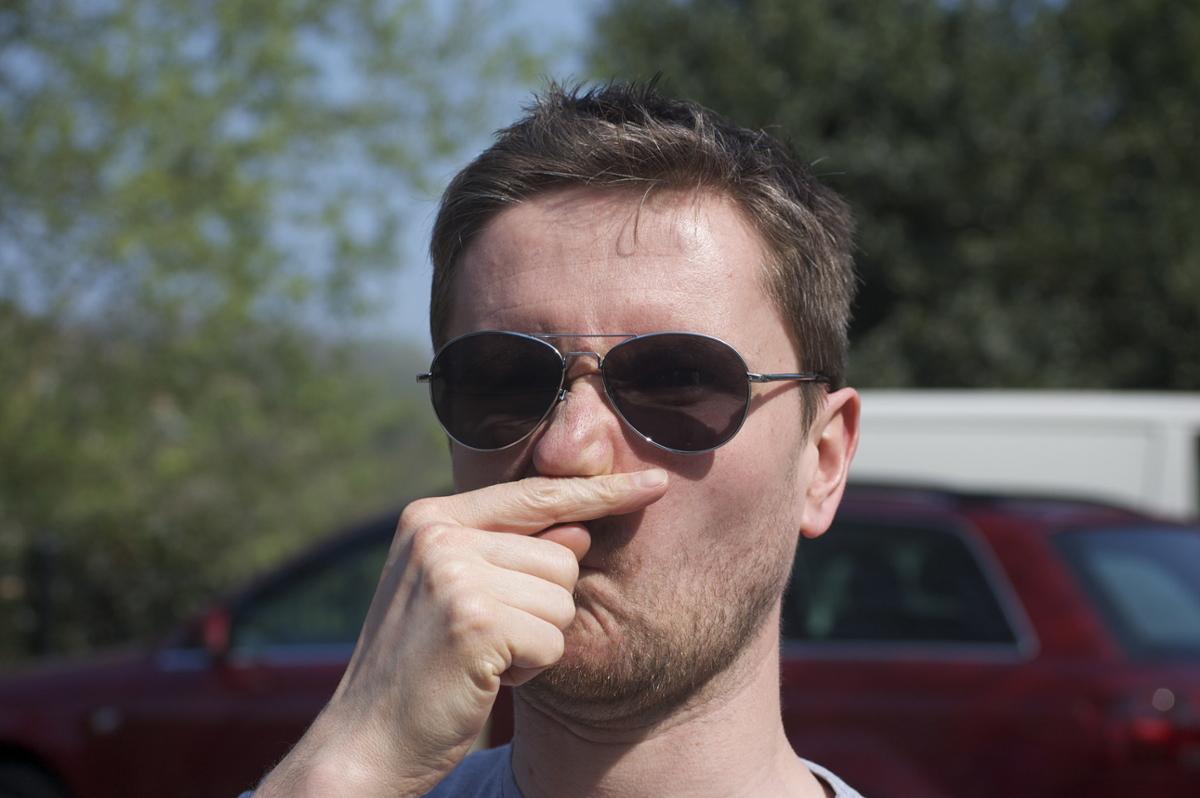D: It's commonly understood that we humans are primarily visual creatures.
Y: Maybe once upon a time our prehistoric ancestors used their other senses more. But today, we moderns have evolved to use our eyes above all else.
D: But the predominance of sight may have more to do with language than with biology. According to one study, English speakers are particularly challenged when it comes to describing smells, compared to people who speak other languages. Take, for example, people who speak Jahai, a language spoken by hunter‑gatherer societies of the Malay Peninsula, in Southeast Asia. People there have a vocabulary rich in words that describe odors.
Y: Researchers at Radboud University in the Netherlands gave Jahai speakers and English speakers the same cinnamon smell and asked them to describe it. The Jahai speakers were able to describe the smell concisely and consistently.
D: English speakers had a much tougher time. Although they knew the smell as cinnamon, overall they struggled to describe it. The best some study participants could come up with was that the odor reminded them of a certain brand of chewing gum.
Y: The study points out that it's not that Jahai speakers have a stronger sense of smell, but rather that they are more alive to scents and therefore have a language evolved to include words to precisely describe a wide range of smells.
D: English speakers have the same olfactory abilities at Jahai speakers. But because Western cultures tend to mask and eliminate most odors, the researchers suggest that we're less able to describe a wide range of smells. And so we tend to value our sense of smell less than we do our sense of sight.










